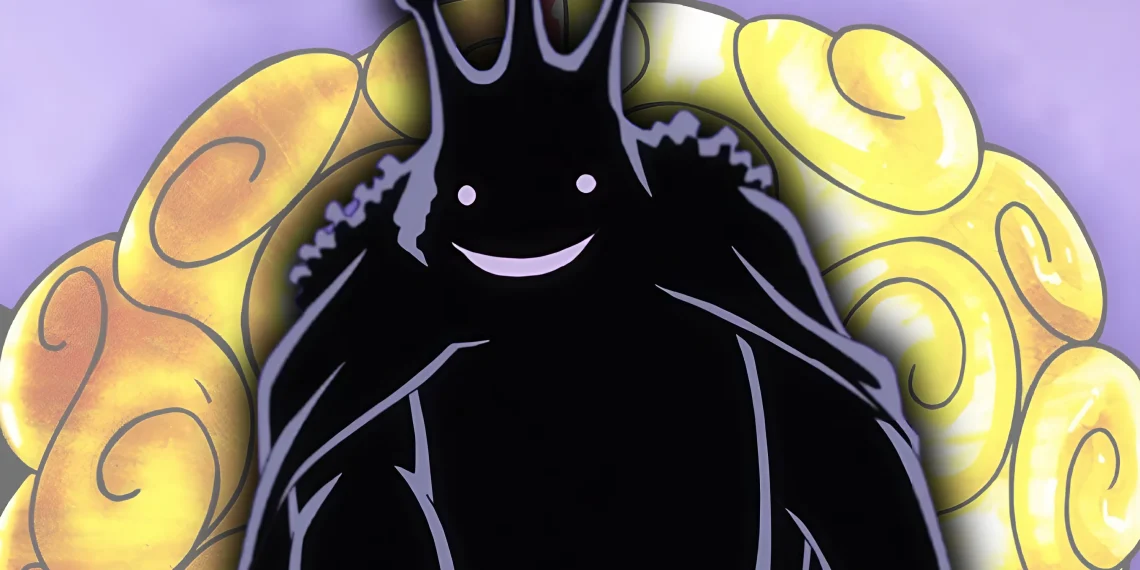The recent developments in One Piece chapter 1130 have left fans buzzing with theories and speculation. The story’s focus has shifted to the long-anticipated Elbaph Arc, introducing a major new character Prince Loki.
Many fans believe that Loki is the primary antagonist of the arc, yet there’s a lingering sense of doubt.
With Eiichiro Oda, the mastermind behind the series, known for his love of plot twists and subverting expectations, fans are left questioning if Loki is truly the main villain or if there’s more to the story.
This uncertainty arises from some key elements in the recent chapter, with hints suggesting that Loki’s introduction might be the biggest red herring Oda has delivered in this arc so far.
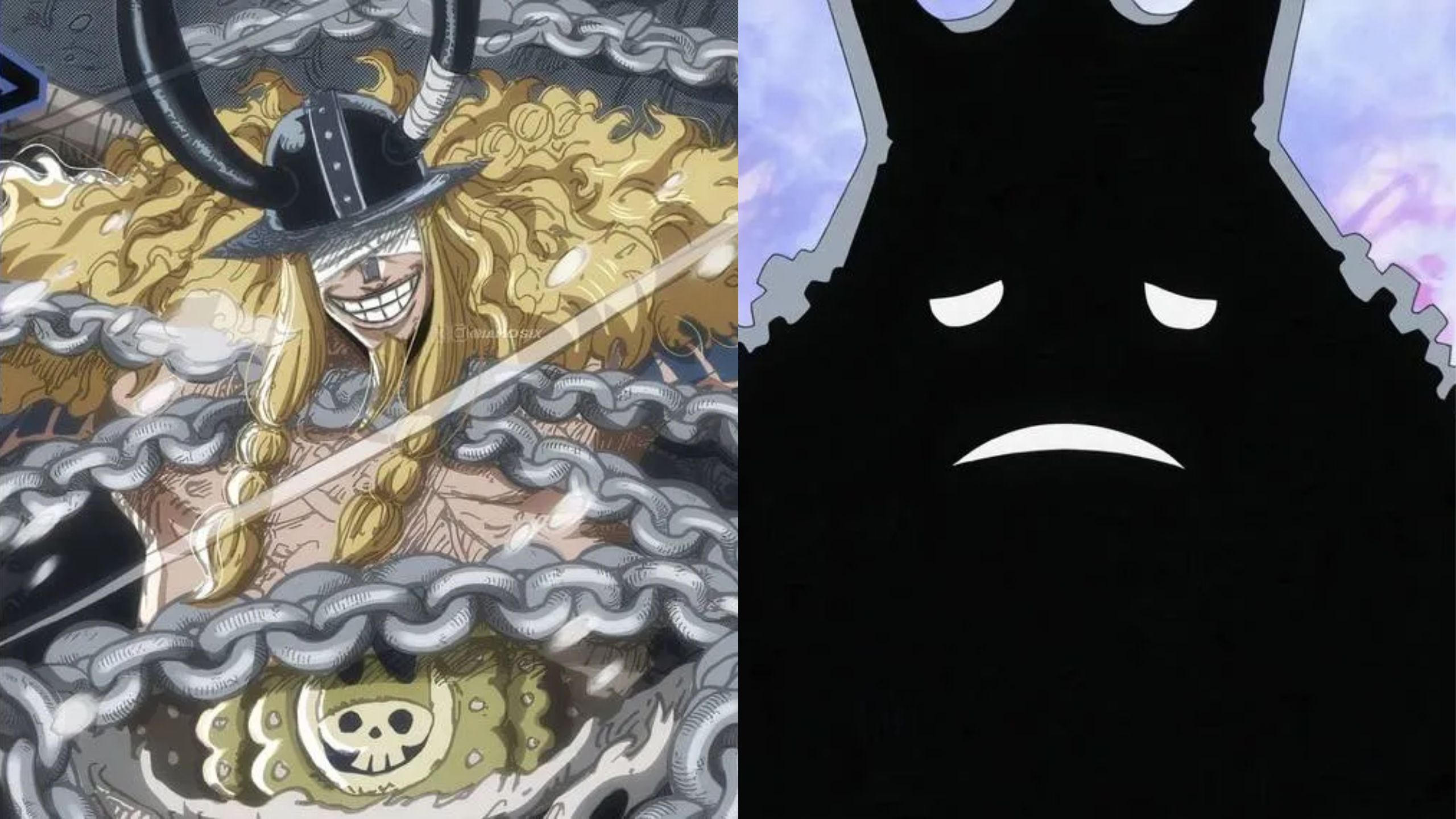
Luffy’s initial reaction and his interactions with Loki offer significant clues about what might be unfolding.
While fans are split on Loki’s intentions, the latest chapter’s dialogue may be leading them astray, sparking debates about the true direction of the Elbaph Arc.
Loki’s Introduction as a Villain
Chapter 1130 of One Piece kicks off with a dramatic introduction of Prince Loki, who presents himself to Luffy with a bold and unsettling declaration: “the Sun God who brings the world to an end.”
This proclamation immediately frames him as a potential threat, a destructive force linked to the fate of the world.
However, before he makes this declaration, the chapter takes pains to establish Loki’s menacing reputation.
He’s portrayed as a fearsome and vile figure, someone capable of committing patricide a monstrous act that brands him as a dangerous and merciless individual.
Loki is also depicted as an almost unbeatable force, with his power only kept in check because the warriors of Elbaph united to contain him.
Loki, god of mischief – [One Piece ch.1130]#ONEPIECE1130 #ONEPIECE #حرق_ون_بيس pic.twitter.com/U2dEuSk3YH
— 👁️Zaak – COMMISSIONS OPEN! (@IkeNewtown) October 19, 2024
This paints a picture of a mighty villain who, if left unchecked, could pose a threat to the world.
The narrative seems to nudge readers into accepting Loki as the Elbaph Arc’s primary antagonist, someone whose motives are clearly sinister. But this clear-cut characterization might be the very thing that is misleading fans.
Luffy’s Neutral Perception of Loki
An intriguing aspect of chapter 1130 is how Luffy perceives Loki. Despite Loki’s foreboding introduction, Luffy does not seem to react to him as if he’s inherently evil.
When he first senses Loki’s presence and moves to face him, Luffy describes the situation in a neutral manner.
This reaction stands out, particularly because Luffy possesses advanced Observation Haki, a form of perception that allows him to detect a person’s intent.
If Loki had malicious designs, one would expect Luffy to immediately sense danger or ill will, but he doesn’t, which is a significant clue.
Luffy’s calm demeanor hints that there may be more to Loki’s proclamation than meets the eye. It suggests that while Loki’s words and reputation might paint him as a villain, his intent may not be malicious.
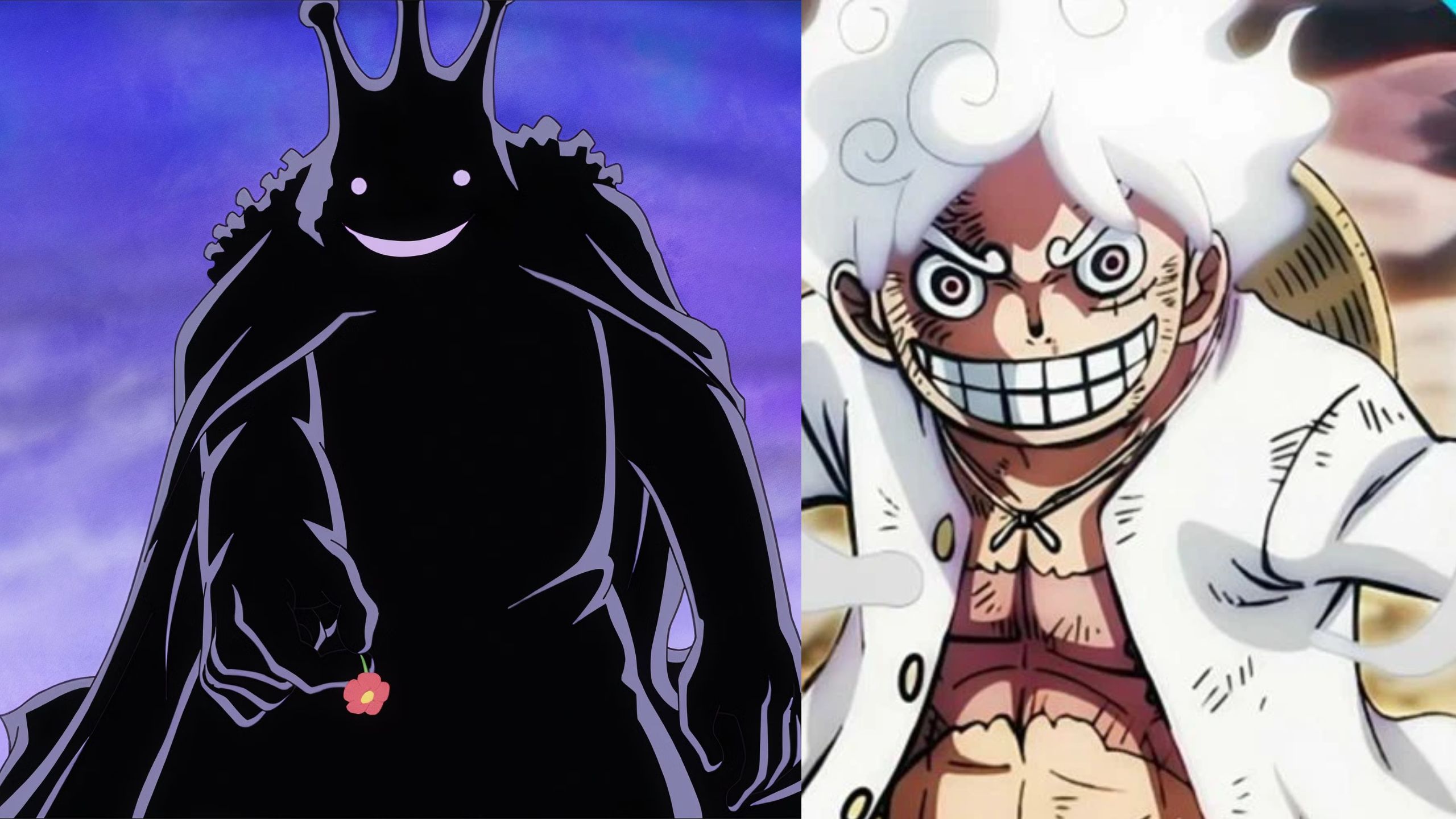
This opens up the possibility that Loki’s mission to “bring the world to an end” is driven by a deeper, perhaps misunderstood, motive.
A Destiny Tied to Elbaph’s History
Loki’s mission to destroy the world, as he claims, may be tied to his heritage as the crown prince of Elbaph.
Elbaph is a nation known for its isolation from the World Government, much like Wano.
This separation means that Elbaph’s history and lore are likely preserved without the influence or censorship of outside powers.
As the prince, Loki could have discovered something significant within Elbaph’s ancient records or oral traditions something tied to the mysterious Void Century.
The Void Century is a period of history that the World Government has tried to bury, and Elbaph’s autonomy could mean that they possess untampered accounts of this era.
This might explain why Loki feels an urgent need to fulfill his destiny, even if it means “bringing the world to an end.”
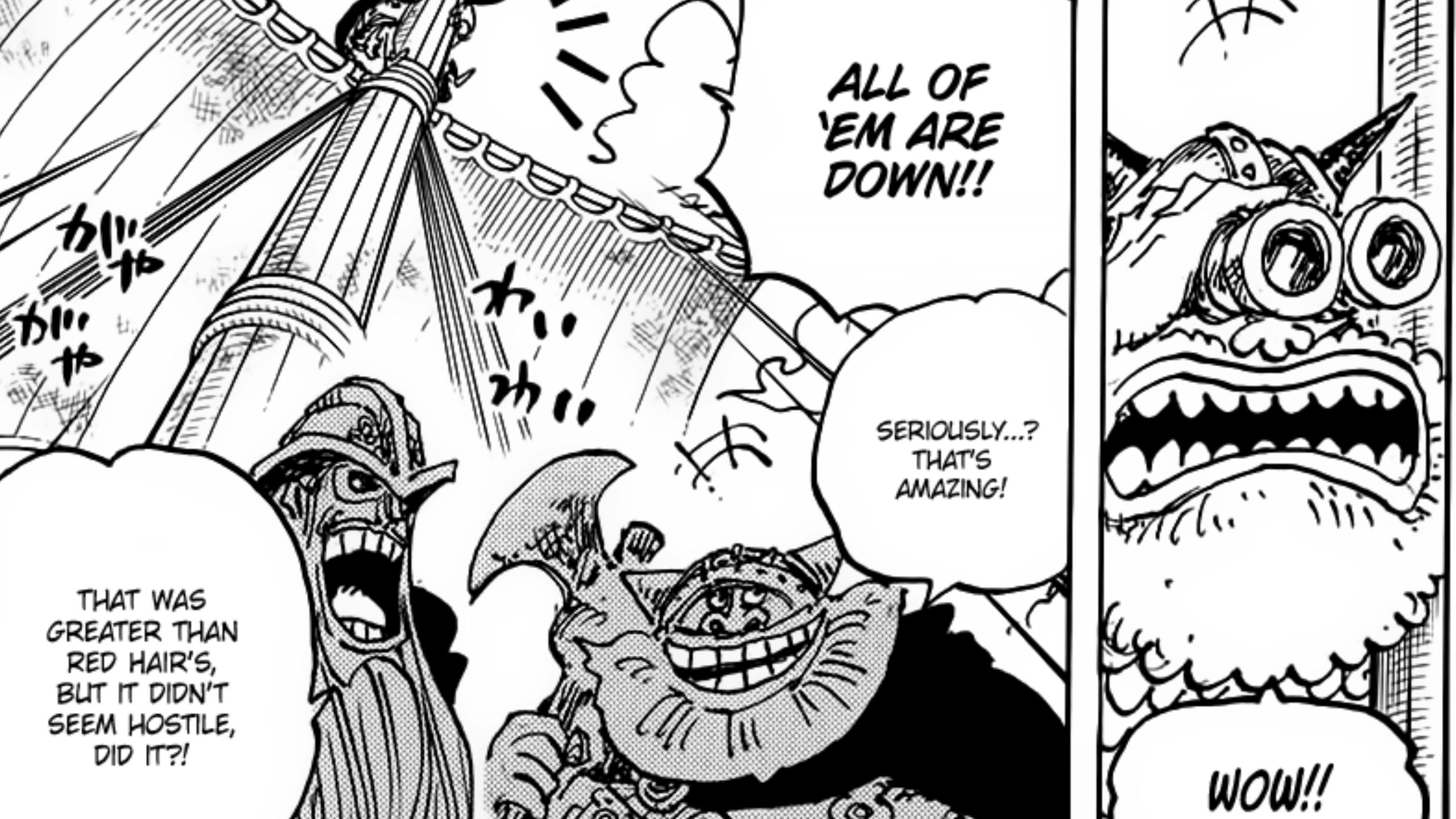
His choice to call himself “the Sun God” is especially intriguing, as the Sun God is a figure deeply rooted in Elbaphian mythology.
These connections to the past raise the question: Is Loki’s mission tied to some greater destiny or prophecy?
A Connection to Luffy’s Prophetic Destiny
The narrative’s emphasis on Loki’s role as “the Sun God” has led many fans to draw comparisons between him and Luffy, who also has ties to the Sun God prophecy.
Earlier in the series, Madam Shyarly, a fortune teller from Fishman Island, foresaw Luffy destroying Fishman Island.
This prophecy has hung over the series for years, and chapter 1130 brings it back to the forefront with Loki’s self-proclaimed identity as the Sun God.
This parallel suggests that Loki and Luffy’s fates may be intertwined, hinting at a shared prophecy about the world’s destruction.
One theory is that Loki’s knowledge of the Sun God comes from Elbaph’s folklore, while Madam Shyarly’s vision was triggered by her encounter with Luffy.
It’s possible that both Loki and Luffy are connected to the same prophecy, with each interpreting it differently based on their cultural backgrounds and experiences.
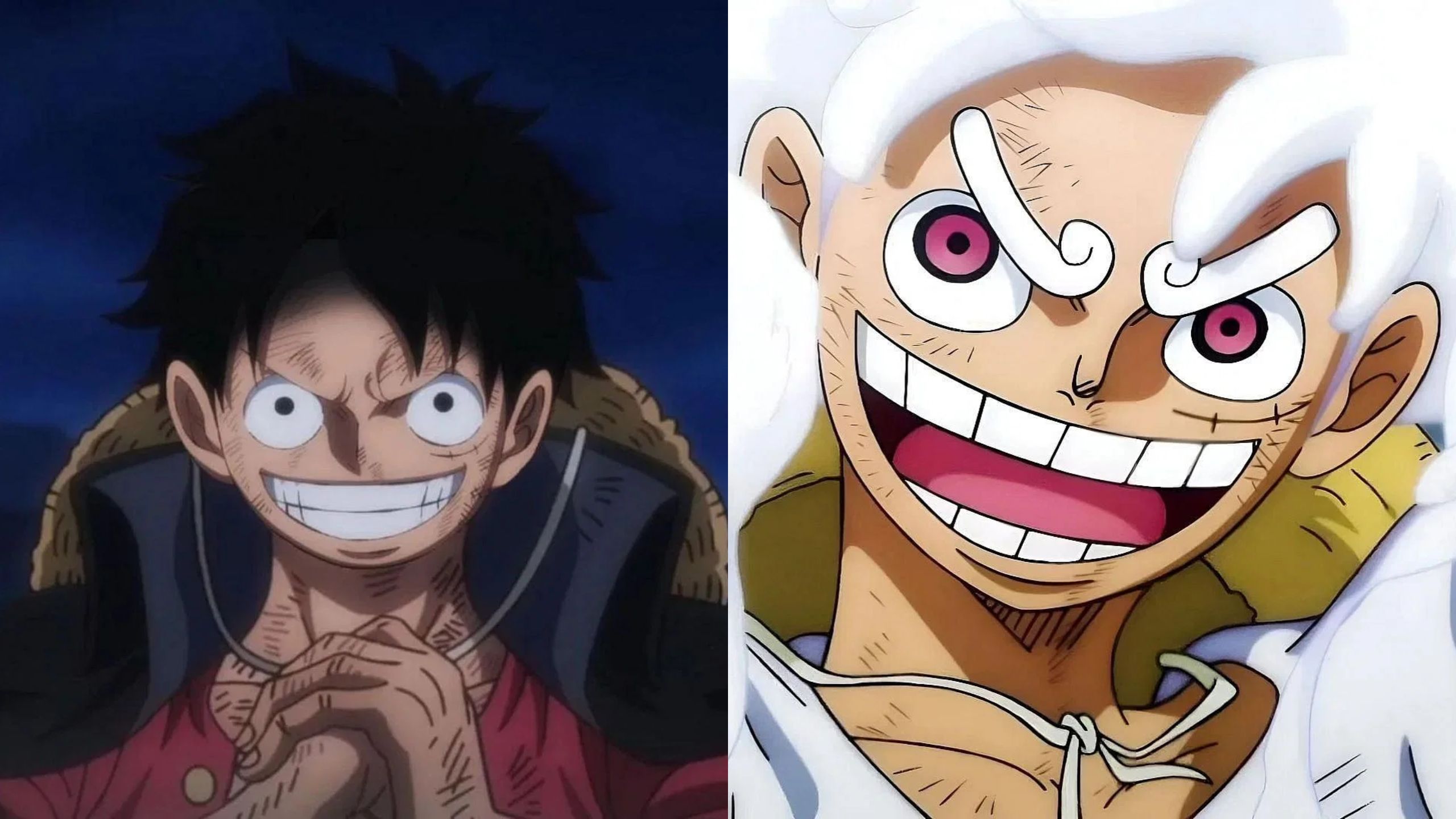
This theory could explain why Loki’s destructive intent is framed as a duty or obligation rather than an evil desire.
The Mysterious Sun God and Elbaph’s Lore
The idea that Loki views himself as the Sun God is a fascinating twist that might have deep roots in Elbaph’s traditions.
The Giants of Elbaph have a rich history, and the Sun God is clearly a figure of immense importance in their culture.
Chapter 1130 makes this connection explicit when Loki declares himself as the Sun God while discussing his goal to end the world.
If the Sun God is central to Elbaph’s beliefs, it’s possible that Loki’s mission is grounded in some ancient prophecy that has been passed down through the generations.
What’s interesting is how this ties into the greater One Piece world. Luffy, who is increasingly associated with the Sun God through his adventures, has also been predicted to play a role in reshaping the world.
The story seems to be building towards a confrontation or alliance between Luffy and Loki, each representing different interpretations of the Sun God’s prophecy.
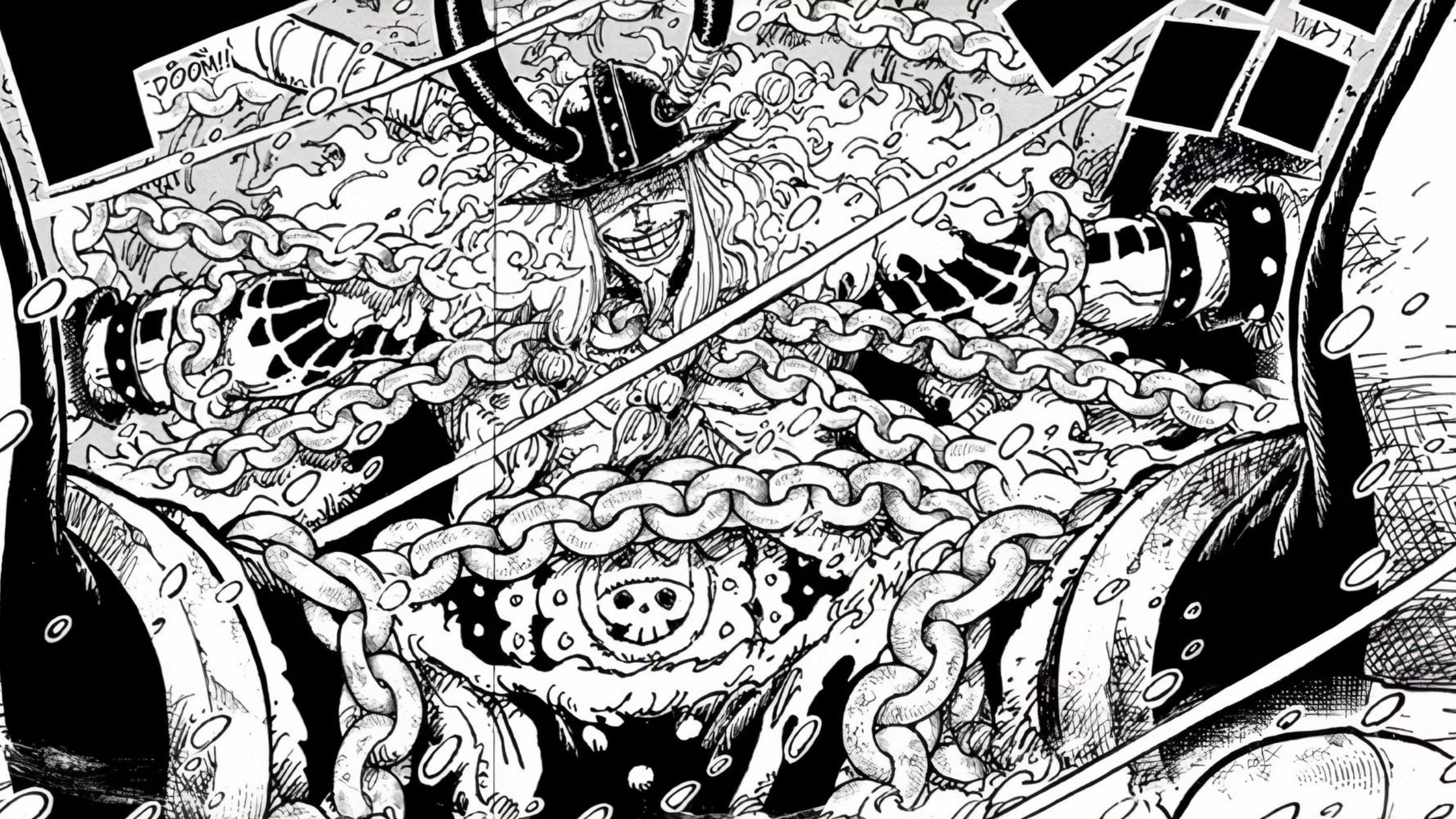
This adds layers to the narrative, as readers are left to wonder what the true role of the Sun God is in the One Piece world.
A Misunderstanding Born of Incomplete Knowledge
The clues presented in chapter 1130 suggest that Loki’s belief in his role as the Sun God and his goal to destroy the world might be a tragic misunderstanding.
If Elbaph’s records have gaps or have been misinterpreted over time, Loki could be acting on incomplete or inaccurate information.
This would explain why Luffy, who has a clearer understanding of the world’s dynamics thanks to his travels, doesn’t perceive Loki as a genuine threat.
Luffy’s neutral reaction implies that he senses Loki’s motivations are not born out of malice but rather from a misplaced sense of duty.
This potential misunderstanding could be tied to the concept of the All Blue a legendary ocean in the One Piece world where all the seas meet, which has been a dream of Sanji’s since the beginning of the series.
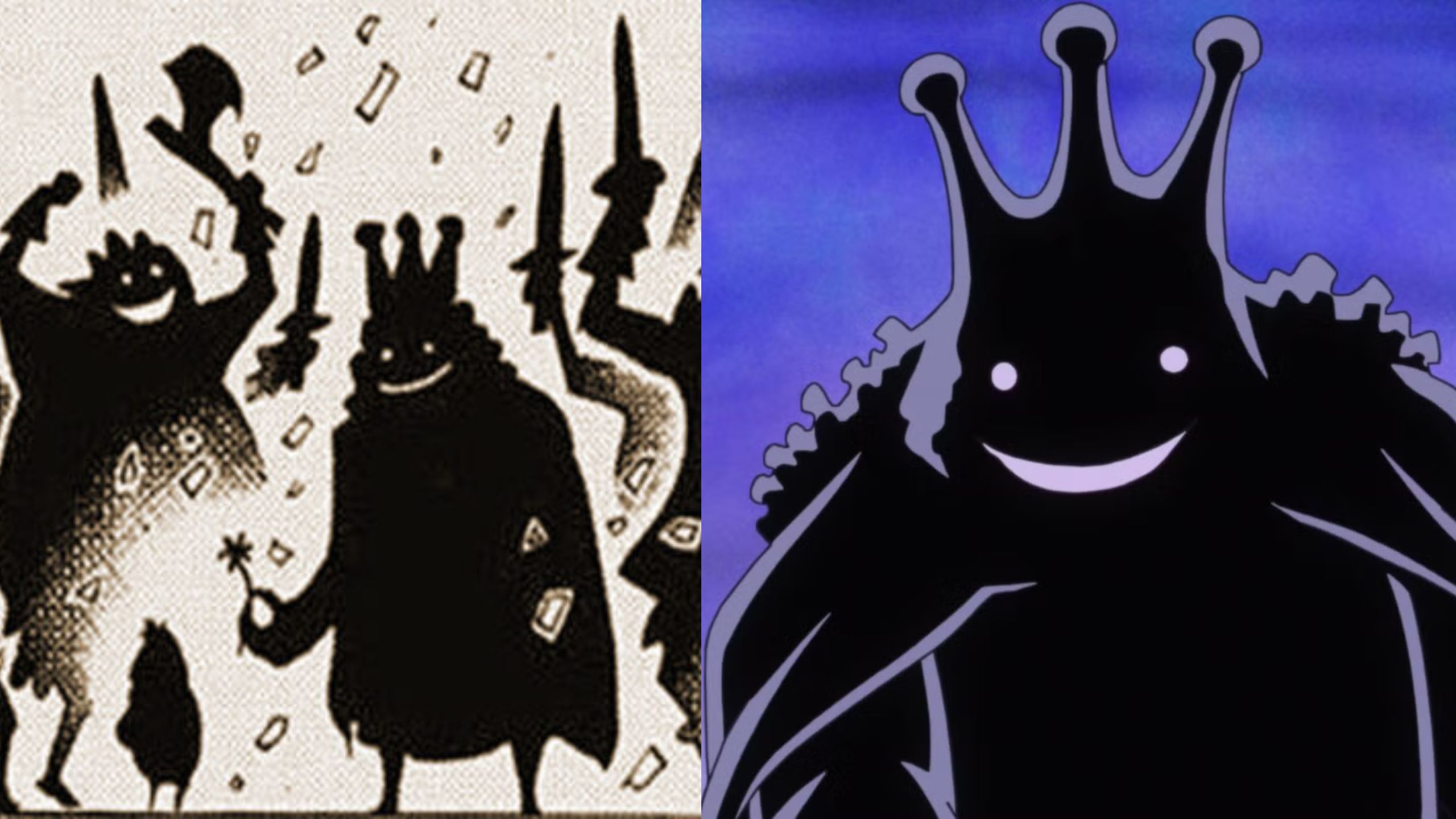
There is a prevalent theory that the destruction of Fishman Island will be a necessary step to create the All Blue, requiring the fall of Mariejois, the capital of the Celestial Dragons.
If Loki’s goal to destroy the world is somehow linked to a similar outcome, it could mean that he is aiming to fulfill a prophecy without understanding the consequences fully.
Mystery of Elbaph’s Royal Devil Fruit
One of the more intriguing possibilities raised by chapter 1130 is the idea that Elbaph’s Royal Family may have a legendary Devil Fruit, potentially linked to the myth of the Gum-Gum Fruit.
If the true Gum-Gum Fruit resides with Elbaph’s royal lineage, it would explain why Loki believes he is the Sun God.
The powers granted by the fruit might have convinced him that he is destined to play a central role in the one piece world’s fate.
This would also tie into Luffy’s own journey, as the Gum-Gum Fruit has been a cornerstone of his adventures since the series’ inception.
If this theory holds true, it could mean that the identity of the Sun God is not tied to one individual but rather a mantle that can be passed down or interpreted through different lenses.
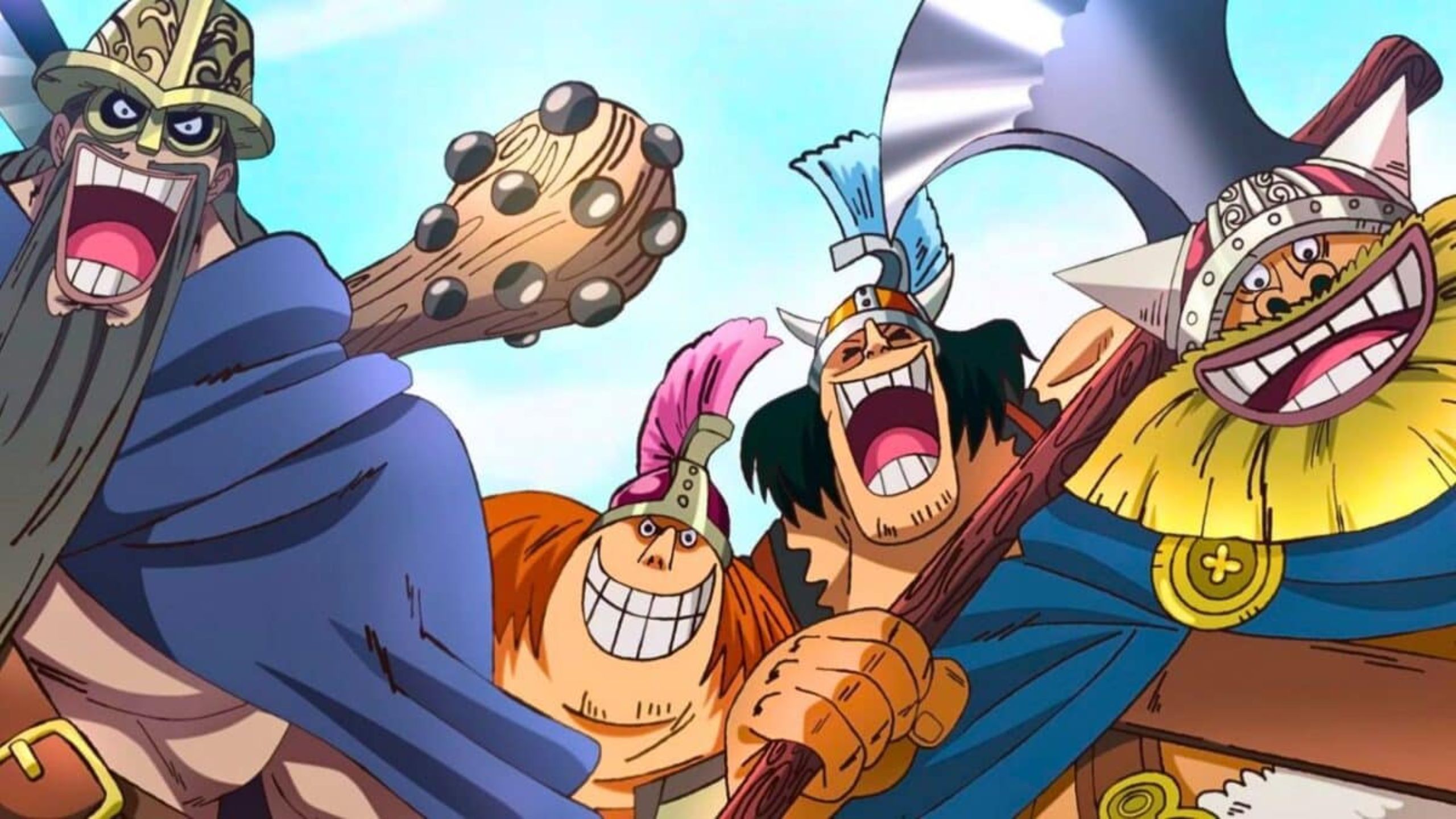
For Loki, the powers of the mythical fruit might serve as evidence of his destiny, whereas for Luffy, his connection to the Sun God has developed through his actions and the bonds he’s formed.
This dynamic could set the stage for a confrontation between two characters who both believe they are fulfilling their destined roles.
Loki’s True Nature: Villain or Misguided Hero?
By the end of chapter 1130, it becomes apparent that Oda might be leading readers down a deceptive path regarding Loki’s true nature.
The portrayal of Loki as a villain feels almost too overt, especially given Oda’s history of subverting expectations.
While Loki’s actions such as committing patricide are undoubtedly reprehensible, his desire to destroy the world might stem from a sincere belief that he is doing what is necessary.
This complexity makes him a potentially layered character, one whose motivations may not be as black-and-white as they seem.
If Luffy’s neutral stance towards Loki is any indication, the prince may be more of a tragic figure than a true antagonist.
#ONEPIECE1130
My boy Loki definitely went down the Obito routeHe got rejected by Lola and now wants to destroy the whole world😭 pic.twitter.com/GKz89McCV8
— 𝐆𝐮𝐫𝐝𝐢𝐩🩸 (@Gurdipzz) October 17, 2024
His mission could be driven by a sense of duty to his people or a desire to protect the world from a greater threat.
This ambiguity is what makes One Piece such a compelling series, as characters are rarely one-dimensional.
Oda’s storytelling often blurs the line between good and evil, allowing for nuanced interpretations of each character’s actions.
Speculation and the Road Ahead
While the current evidence points to the possibility that Loki’s destructive ambitions are not purely evil, the
truth will remain uncertain until the story progresses. The next chapters will be crucial in revealing whether Loki’s goals are genuinely antagonistic or if he is merely a pawn in a larger game.
Fans will have to wait until the manga resumes on November 11, 2024, to get more answers.
In the meantime, the mystery surrounding Loki and his connection to the Sun God prophecy will undoubtedly keep fans theorizing.
The parallels between Luffy and Loki, the potential ties to Elbaph’s history, and the mysterious Sun God prophecy all suggest that the Elbaph Arc is building towards a monumental climax.
Whether Loki emerges as a villain, a tragic hero, or something in between, his role in the story is sure to be pivotal.
Oda has always excelled at creating engaging and multifaceted characters, and Loki appears to be no exception.
The Elbaph Arc’s narrative is only beginning, and it’s clear that fans are in for an exciting ride as more layers are peeled back.
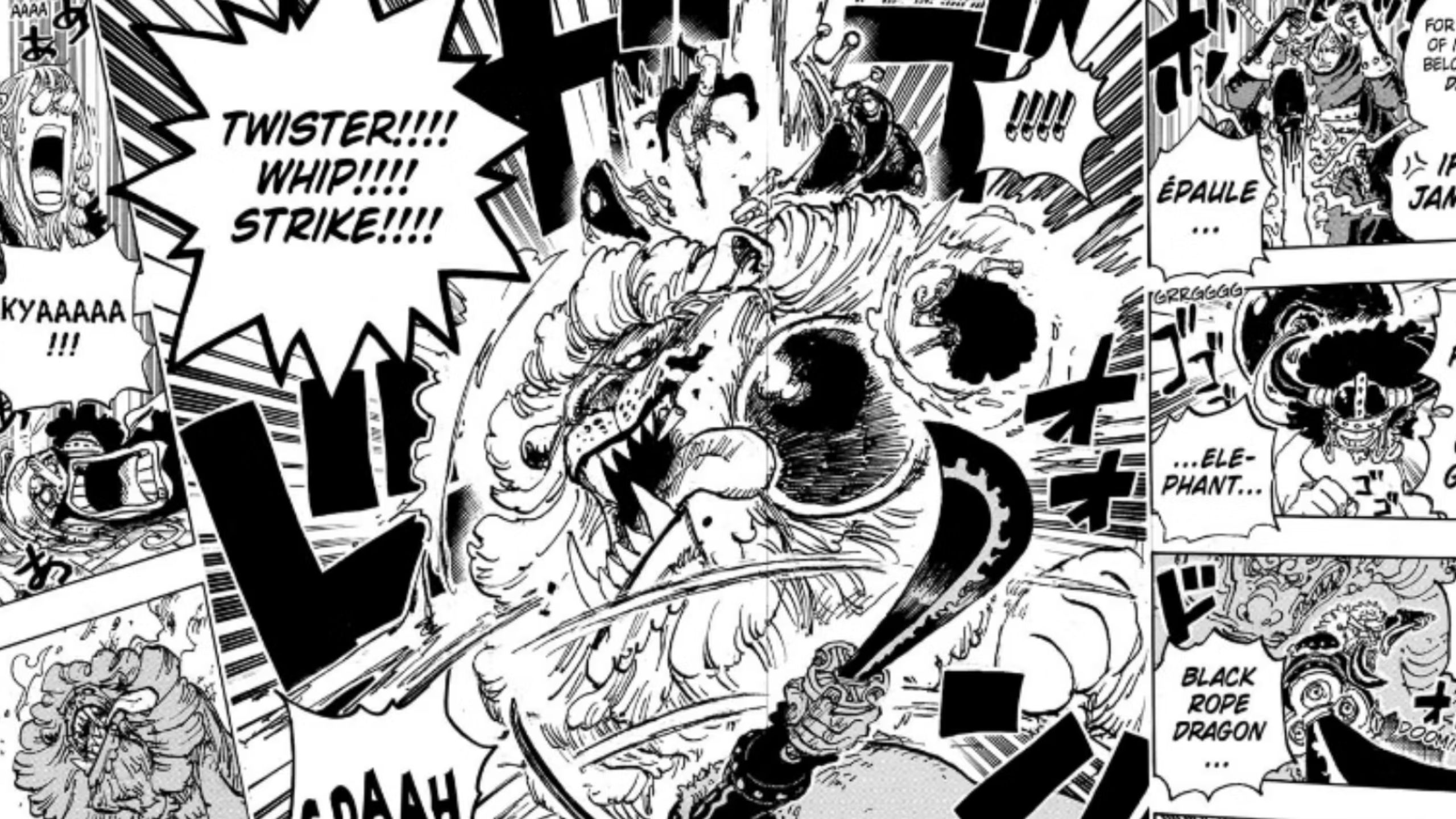
If chapter 1130 is any indication, the story will continue to challenge readers’ expectations, pushing them to question who the true heroes and villains are in this complex world of pirates, prophecy, and power.
One Piece continues to attract with its intricate storytelling, and the Elbaph Arc is shaping up to be a turning point in the series.
As the mysteries of the Void Century, the Sun God, and the fate of the world come to light, fans can expect even more twists and turns.
Whether Loki’s introduction is the biggest red herring yet or the start of a new era for the series, one thing is certain: Oda has once again left fans eagerly anticipating what comes next.

